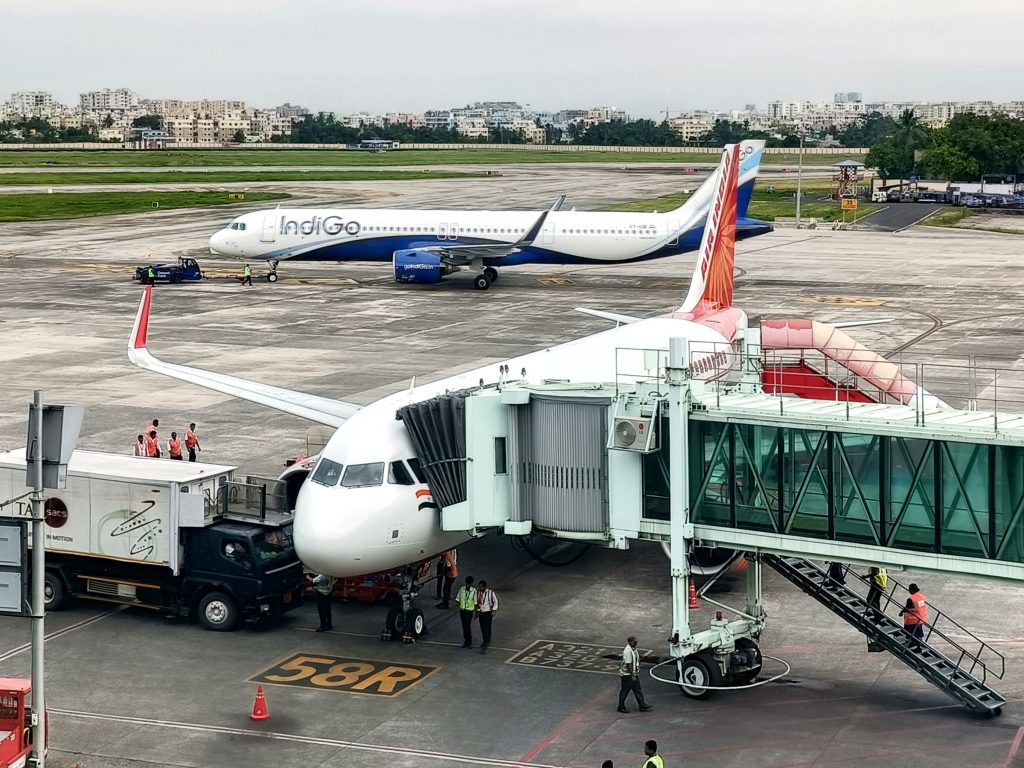Pilots Are Dying of Tiredness. Tech Can’t Save Them
Pilots Are Dying of Tiredness. Tech Can’t Save Them
Being a pilot is a high-stress job that requires long hours and irregular schedules. As a result, many pilots suffer from fatigue,…

Pilots Are Dying of Tiredness. Tech Can’t Save Them
Being a pilot is a high-stress job that requires long hours and irregular schedules. As a result, many pilots suffer from fatigue, which can have deadly consequences. In recent years, several airplane accidents have been linked to pilot fatigue, leading to tragic loss of life.
While technology has advanced in many areas of aviation, it has not been able to solve the problem of pilot fatigue. Modern aircraft are equipped with sophisticated autopilot systems and other tools to assist pilots, but ultimately, human beings are still responsible for operating the plane.
Many pilots work long hours and have unpredictable schedules, leading to chronic sleep deprivation. This can impair their ability to make split-second decisions and react quickly in emergency situations. Studies have shown that tired pilots are more likely to make mistakes and have accidents.
Efforts have been made to address the issue of pilot fatigue, such as setting limits on the number of hours pilots can fly in a week and providing better rest facilities at airports. However, more needs to be done to ensure the safety of both pilots and passengers.
It is crucial for airlines and regulatory agencies to take the issue of pilot fatigue seriously and implement measures to prevent accidents caused by tired pilots. This may include improving scheduling practices, providing better training on fatigue management, and promoting a culture of safety within the industry.
Ultimately, while technology can help improve safety in aviation, it cannot replace the need for well-rested and alert pilots. It is essential for everyone involved in the aviation industry to prioritize the well-being of pilots and take action to prevent accidents caused by fatigue.




